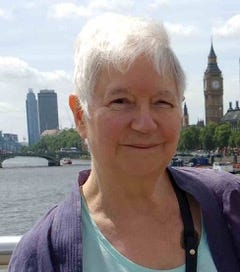The most important message I was given about money, was that it was a means to an end and not an end in itself.
Decades series: eighties
Keep reading with a 7-day free trial
Subscribe to The Ladybird Purse • Talk Money to Me to keep reading this post and get 7 days of free access to the full post archives.




